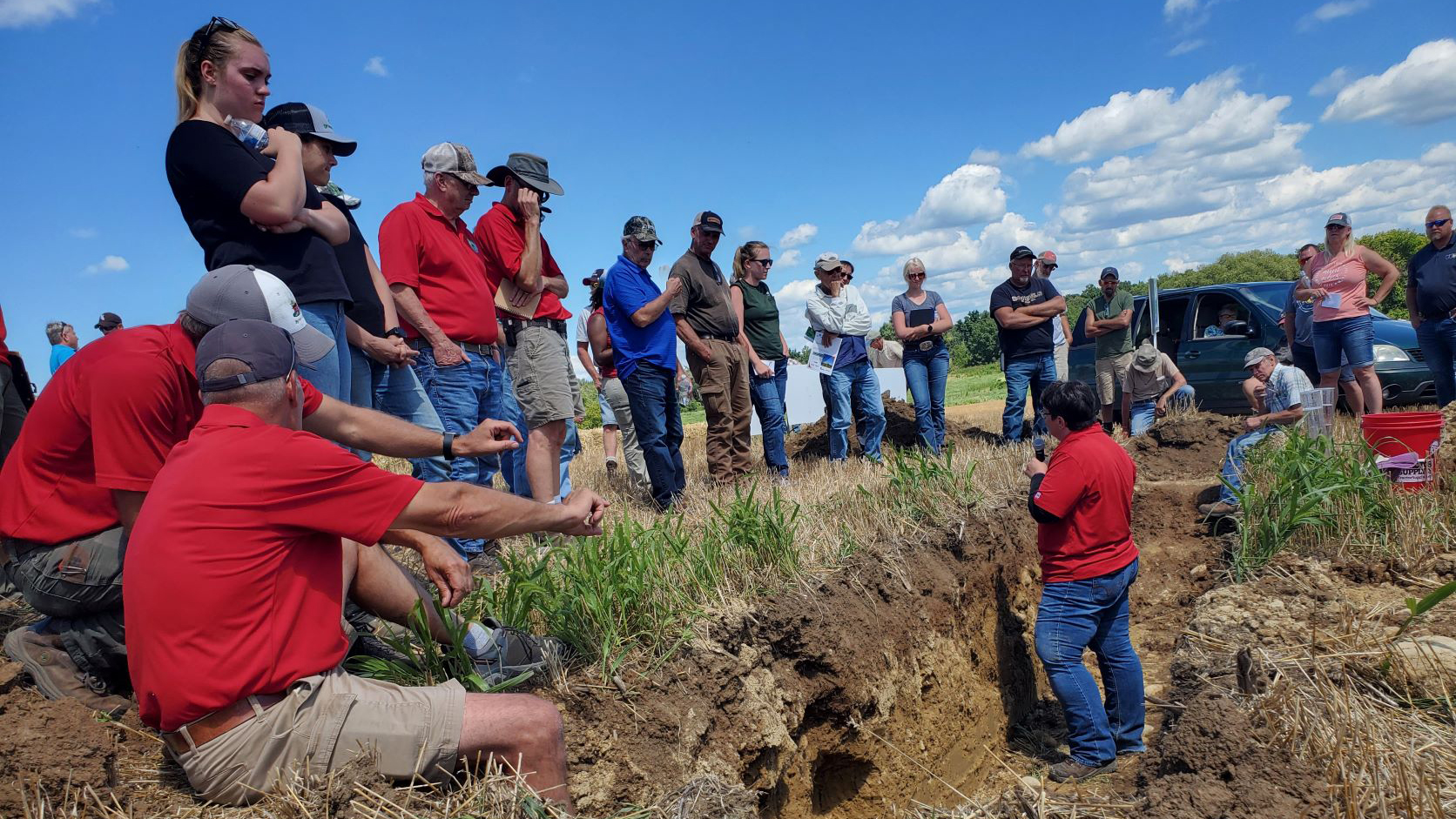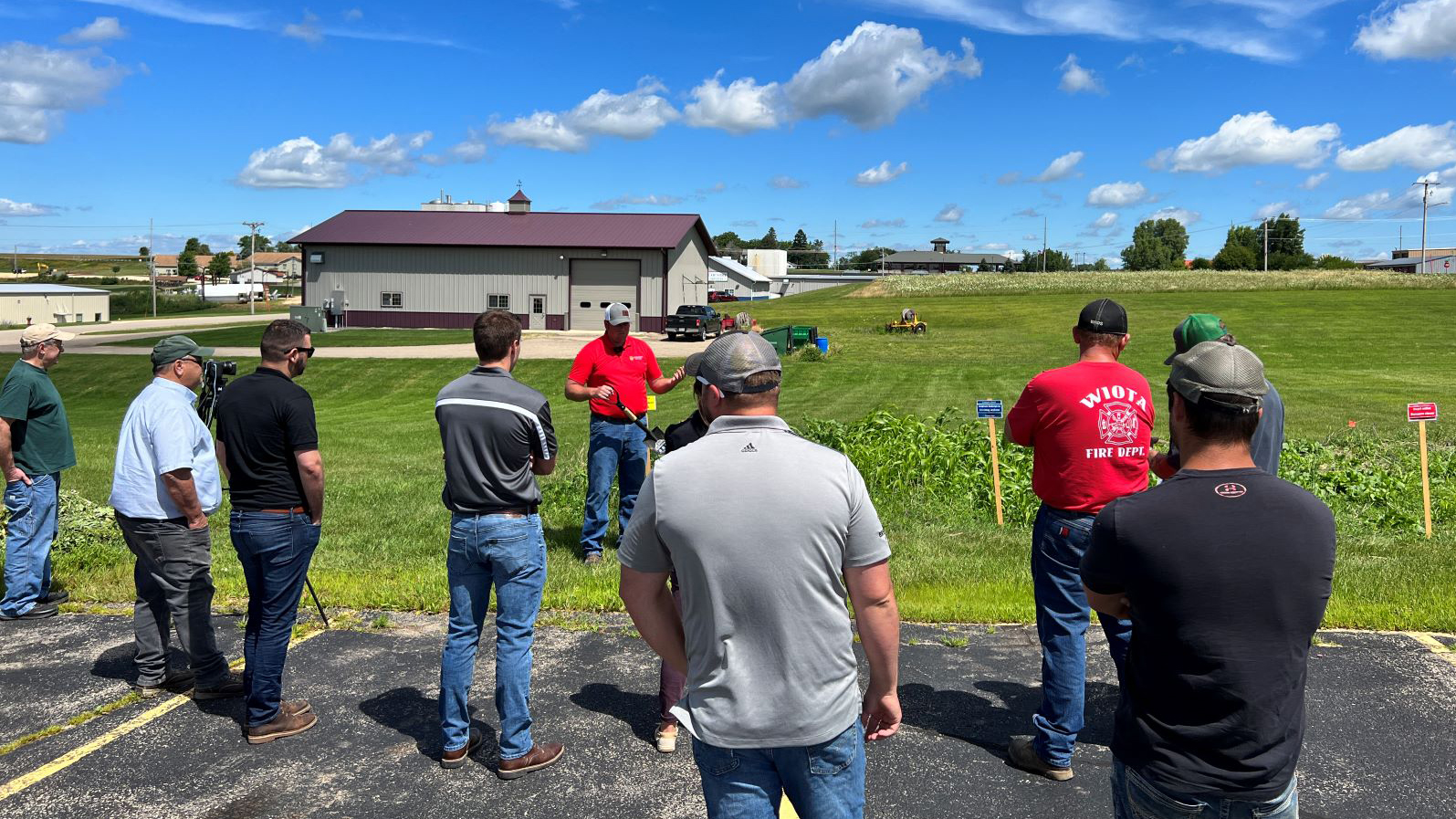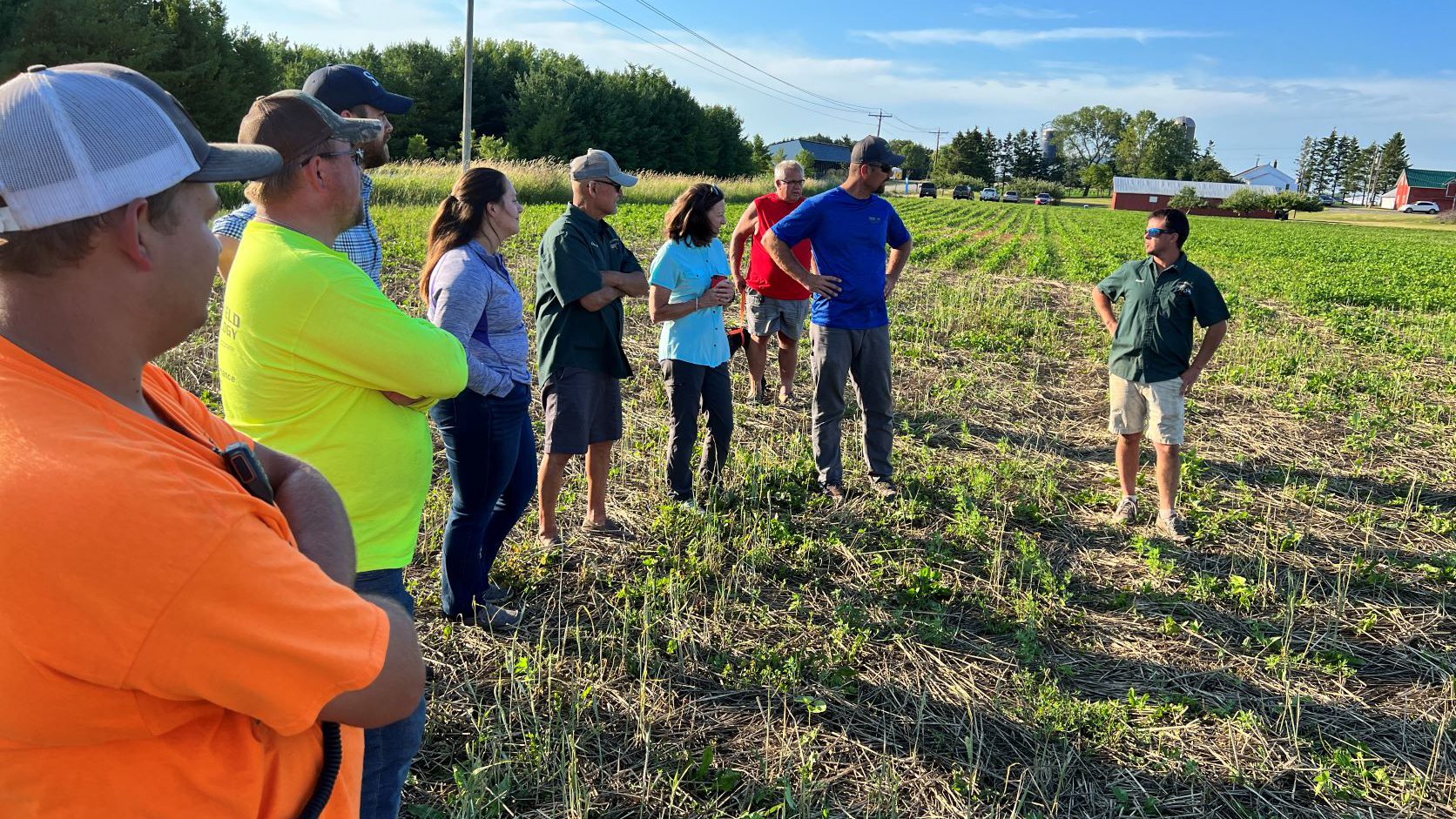Three years of results from an eye-opening sustainability project in southwestern Wisconsin show that farmers who incorporate environmental practices that improve water quality and conserve soil can also benefit financially.
Lafayette Ag Stewardship Alliance (LASA), a farmer-led watershed conservation group, today released the latest results from an ongoing study of its nationally recognized sustainability project. Data was collected and analyzed from 15 farmers for the 2019-2021 crop years to demonstrate the impact of conservation on soil and water quality. Four of the farms also participated in an assessment of how the practices affect financials.
The bottom line: Implementing conservation practices has maintained and, in some cases, increased yields, and has generated positive gross returns per acre all while increasing environmental quality.
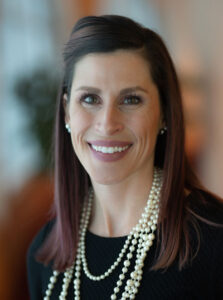
Brey
|
“Farmers have been working to improve soil health and water quality for many years, but now they are able to see how it is affecting the bottom line for their businesses,” Lauren Brey, managing director of Farmers for Sustainable Food, said.
Brey’s group, a nonprofit organization of food system stakeholders, helped shepherd the project. It is the first one piloted according to a guide called the Framework for Farm-Level Sustainability Projects, which was developed by the group and its partners.
The project has three key purposes: Assess the impact of farming practices on soil and water quality; demonstrate the financial effects of conservation practices; and increase the use of sustainability measurement tools by farmers to inform land and water management decisions.
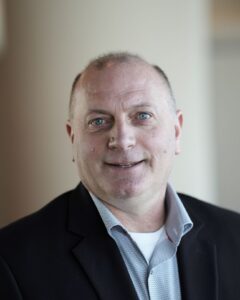 Stauffacher Stauffacher
|
Jay Stauffacher, co-owner of Highway Dairy Farms in Darlington, is one of the participants in the project, both in the environmental assessment and financial component. The 55-year-old family farm has 1,100 cows.
Stauffacher said he appreciates being able to compare his farm’s scores with the composite of the project and learn what other farmers are doing to improve. This helps inform his management decisions.
“What started as a way to reduce erosion after corn silage has led into improving soil health, reducing our farm’s carbon footprint and opening up new techniques of achieving crop yields in a more environmentally friendly way,” Stauffacher said. “Also, putting the financial data into this project has shown us which practices have reduced our costs in achieving the same yields, if not better, and other practices that would make financial sense that we currently do not use.”
The assessment uses nationally accepted metrics from Field to Market: The Alliance for Sustainable Agriculture™ to address on-farm sustainability indicators, such as greenhouse gases. A tool called Prioritize, Target and Measure Application is being used for measuring impact on waterways.
The top six conservation practices farmers in the project are using are grassed waterways, contouring, cover crops, reduced tillage, strip cropping and no-tilling. The study’s findings are detailed in a 12-page report.
Among them:
· A cumulative water quality score increased 18% between 2019 and 2021, suggesting that, on average, each of the 15 farmers is mitigating two pathways, meaning fewer nutrients are able to leave the field from the surface or subsurface and make their way into streams and rivers.
· Nitrogen leaching to subsurface water was mitigated in 88% of participants’ fields.
· Farms had 9% lower greenhouse gas emissions per bushel of corn grain in fields using manure compared to fields that used only commercial fertilizers.
· Farmers are cutting sediment loss in the watershed by 3 tons per acre per year, 36% lower than national averages for corn silage.
· Financial effects show stable yields and positive returns per acre when implementing conservation practices.
In addition to Farmers for Sustainable Food, LASA has partnered with many others to develop and implement the project. Grande Cheese Company, The Nature Conservancy and Southwest Wisconsin Technical College are among supporters. The broad collaboration drew a national sustainability award in 2021 from the Innovation Center for U.S. Dairy.
“Having diverse partners support this project is truly what has made it successful and unique,” Brey said.
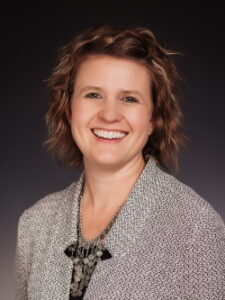
Ihm
|
The technical college provides the financial analysis. Deb Ihm, director of agriculture at the college and a lead analyst for the project, pointed to two other key discoveries in addition to the positive yields and returns.
Market price has a greater impact on financial sustainability than environmental practices, Ihm said. Farmers need to know their cost of production per acre and identify ways to improve environmental quality, feed quality and price management.
Also, farmers can consider adding value by harvesting additional forage versus termination on the following cover crop, Ihm said. Grazing seasons could be extended in the fall if managed correctly.
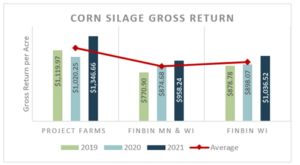 The final two years of the five-year project will see an expansion of the financial metrics to include more whole-farm data like current ratio, debt-to-asset ratio, term debt ratio and operating expense ratio. Also, a University of Minnesota database called FINBIN that is being used to benchmark the Wisconsin project is expanding to allow analysts to sort data by farms utilizing environmental practices. The farms in the database are not participating in the project.
The final two years of the five-year project will see an expansion of the financial metrics to include more whole-farm data like current ratio, debt-to-asset ratio, term debt ratio and operating expense ratio. Also, a University of Minnesota database called FINBIN that is being used to benchmark the Wisconsin project is expanding to allow analysts to sort data by farms utilizing environmental practices. The farms in the database are not participating in the project.
“It is difficult to identify exact return on investment for one particular conservation practice because most farms in our study are using five to seven conservation practices on their crop ground,” Ihm said. “At that point, we focus on yield metrics and return per acre.
“It is important for the farmer to understand their cost of production, market price, total yield and how it all connects with a final return per acre. Environmentally, we know the farms participating in this study have shown many positive strides in soil conversation and water quality.”
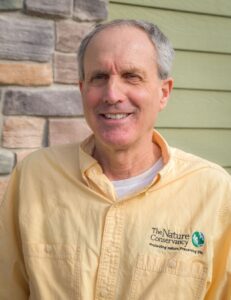 Richter Richter
|
The Nature Conservancy provides environmental insight and funding for the project, acknowledging there are additional costs and a certain amount of risk in terms of productivity when farmers transition from tried-and-true farming methods to conservation practices.
“Farmers in Wisconsin have been using conservation practices like no-till and cover crops on their farms for many years now, and we know they are making a difference in improving soil health and keeping local waters clean,” said Steve Richter, The Nature Conservancy’s director of agriculture strategies in Wisconsin. “What’s exciting to see in the year three results of LASA’s sustainability project is that implementing conservation practices is also having a positive financial impact.
“This is good news for the individual farmers, but as they spread the word through their field days, we hope it will also encourage adoption of these practices by more Wisconsin farmers, increasing the environmental impact and the sustainability of agricultural communities.”
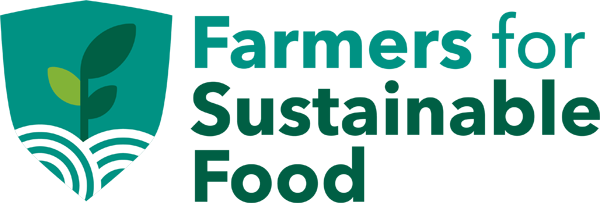
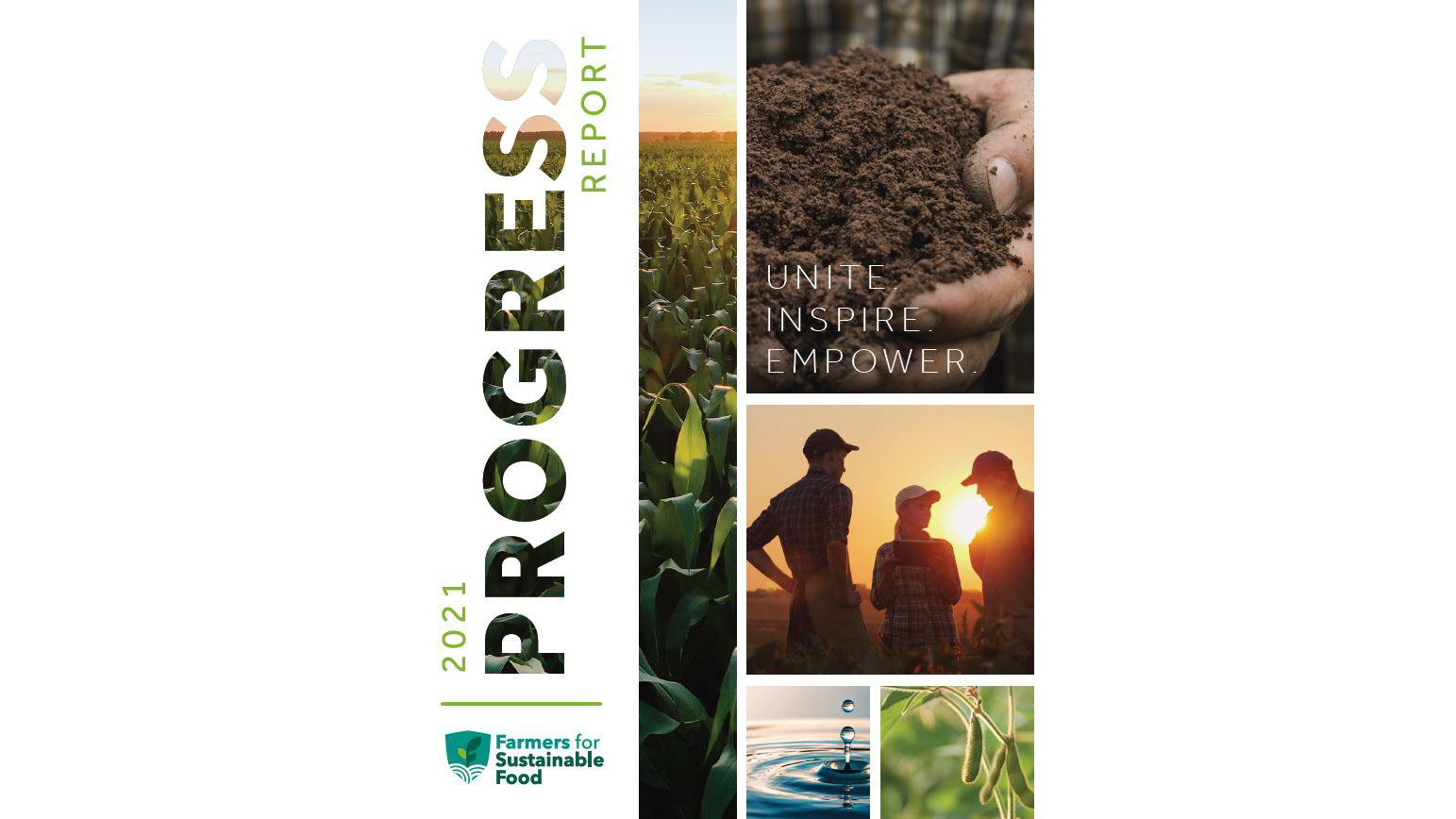
 Brey
Brey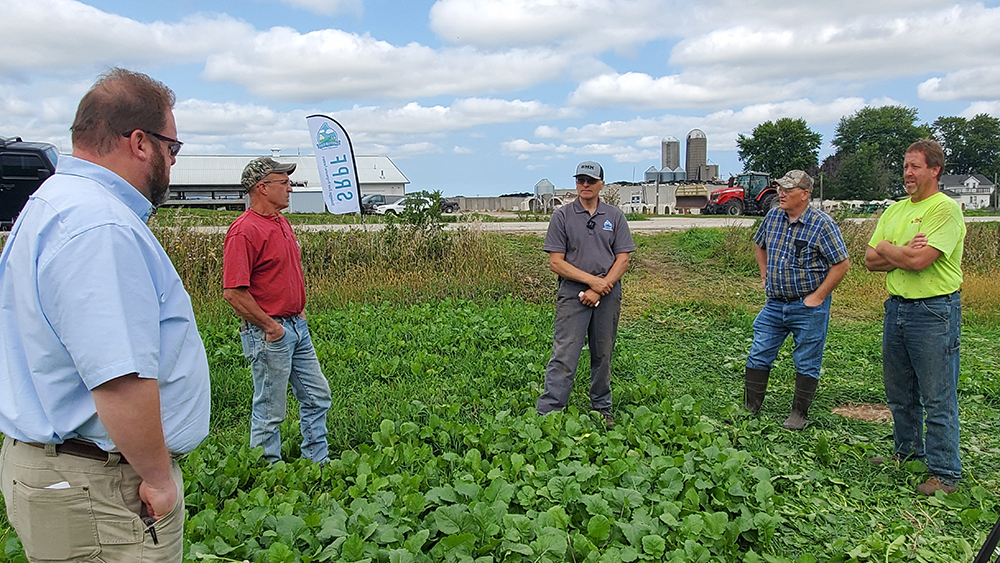
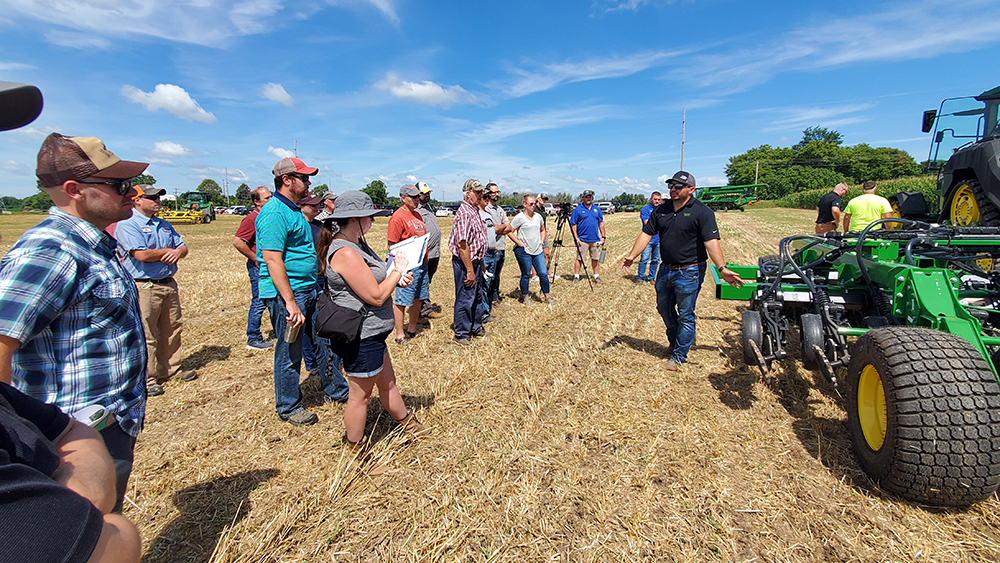
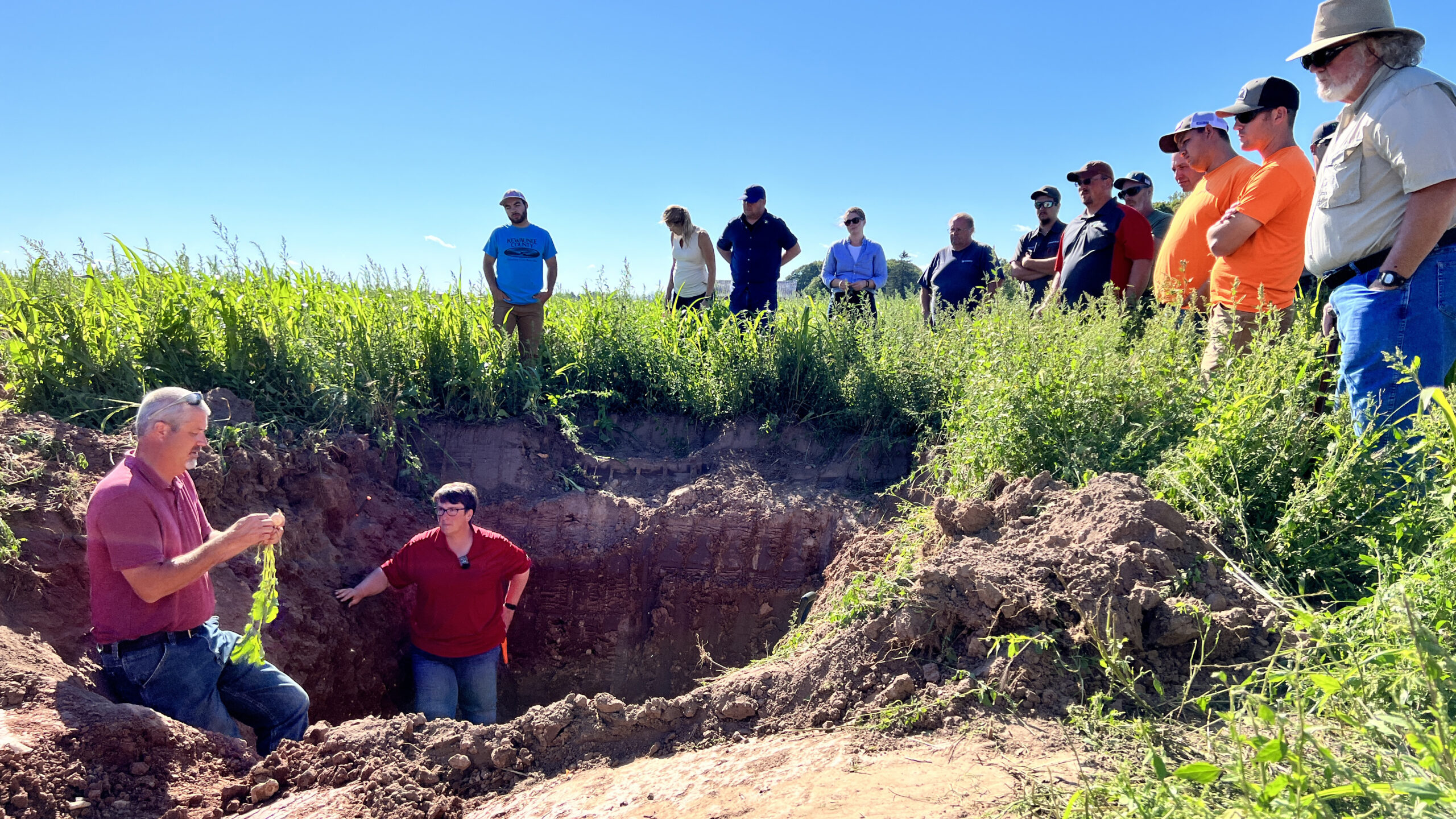
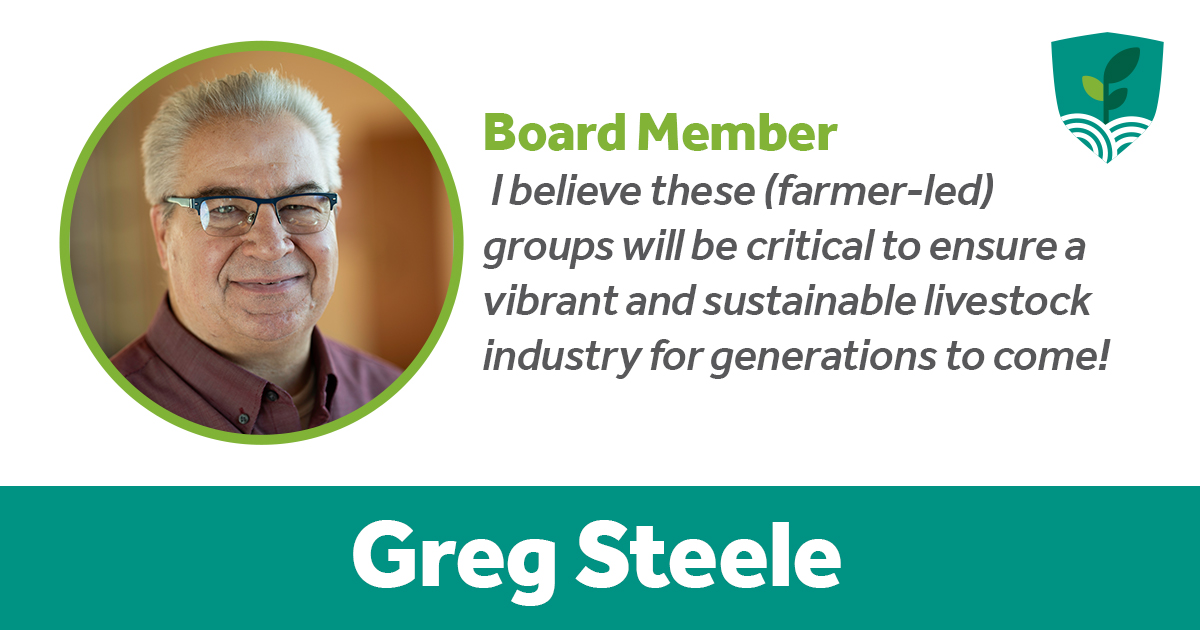
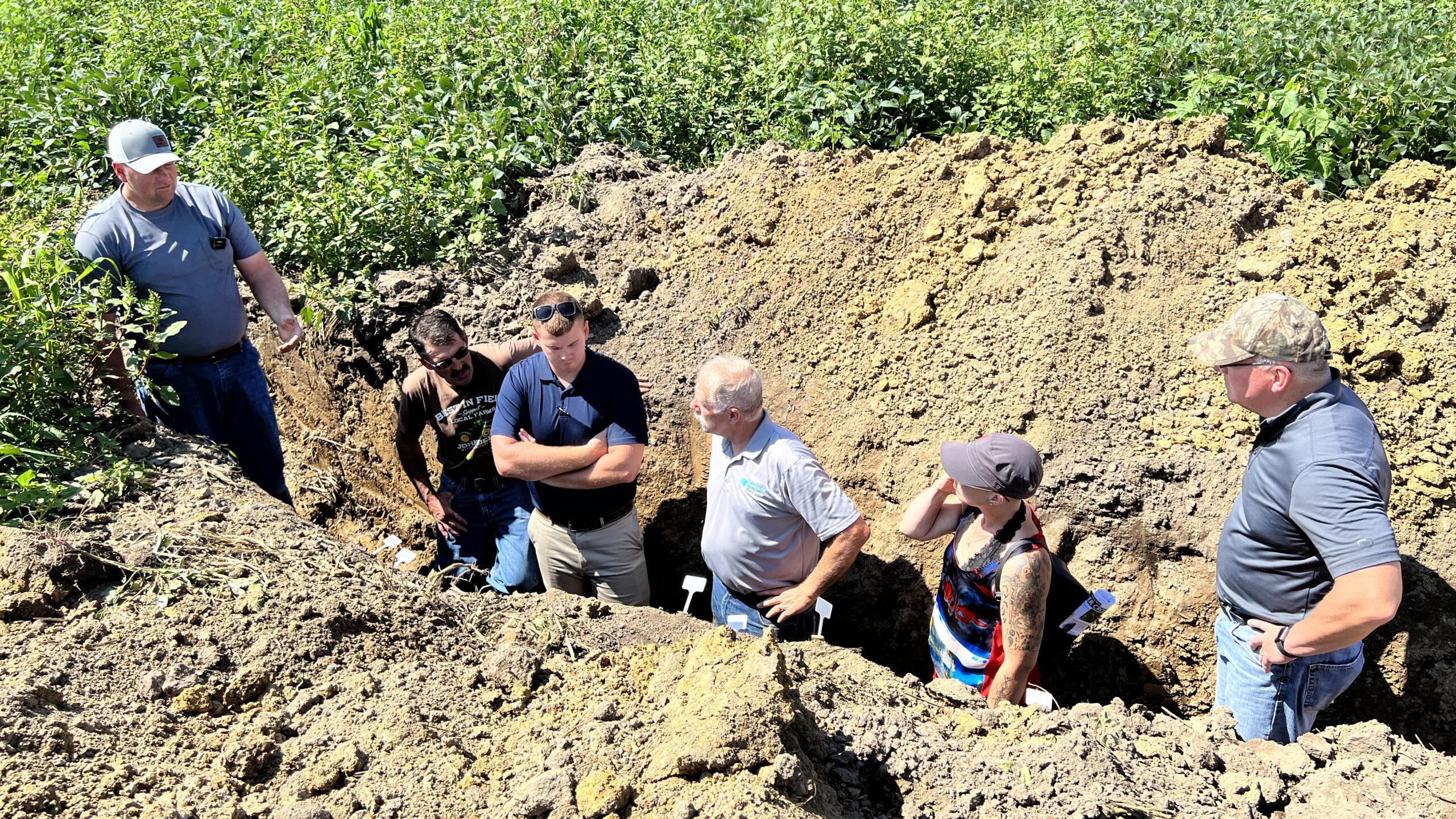
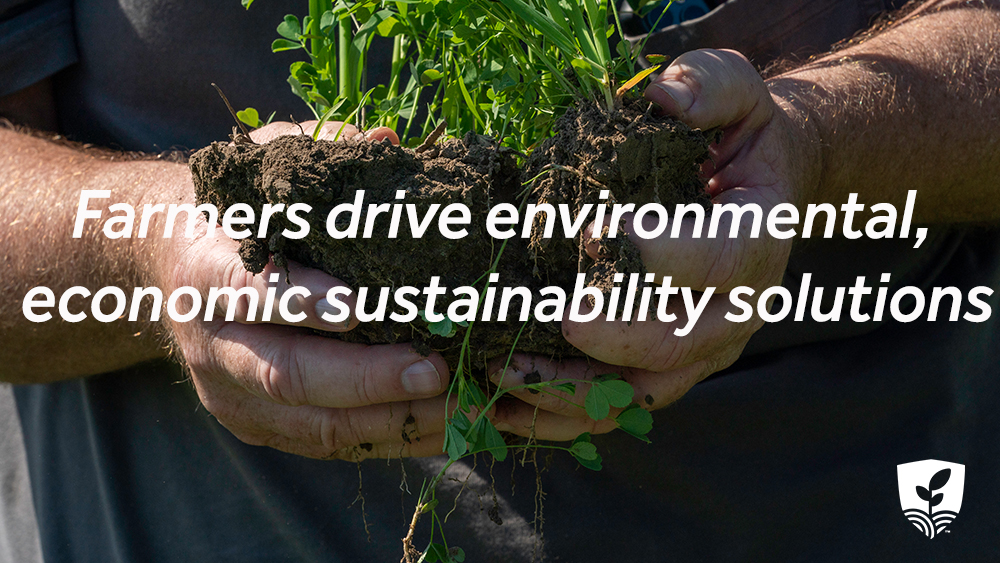


 The final two years of the five-year project will see an expansion of the financial metrics to include more whole-farm data like current ratio, debt-to-asset ratio, term debt ratio and operating expense ratio. Also, a University of Minnesota database called FINBIN that
The final two years of the five-year project will see an expansion of the financial metrics to include more whole-farm data like current ratio, debt-to-asset ratio, term debt ratio and operating expense ratio. Also, a University of Minnesota database called FINBIN that 
